How To Save, Earn, and Spend More With Your Property
How To Save, Earn, and Spend More With Your Property

Owning real estate is incredibly advantageous but most people don't optimize their properties. To reach your financial goals quicker, check out some of these tips to find out what you can do once you've got the keys to your new house or condo.
How to earn money with your home.
Rent out a room or a basement.
If you have a spare room or, better yet, an unused but spacious basement, you can earn some rental income by renting it out.
Before you allow just anyone to move in for some extra money, make sure that you do a quick background check on the potential renter. Get in touch with a real estate agent to find good renters and will do the necessary work like figuring out their credit score, employment history, and potentially even a reference from prior landlords.
Before you just go ahead and put up a listing though, make sure you look at your local laws and tax rules to see if it's worth the trouble. More money doesn't always mean a profit, in terms of money or time, you need to look at the possible costs.
Fair housing laws exist for a good reason and you have to be ready to abide by them for as long as the lease agreement states. Also, remember that a security deposit is meant to go back to the renter after the lease is over unless there are repairs needed that exceed reasonable wear and tear costs.
The repayment period is outlined in the lease but the normal period is 30 days after the renter moved out.
Airbnb your place when you're not using it.
If you're set to leave your home for a while (a vacation, an extended road trip), why not rent out your living space so that you can make some extra cash that goes toward paying your monthly payments.
Though you will not be there to monitor everything, you can hire someone (or get a good friend or neighbour willing to help) to check on the house while you're gone.
It might seem scary to have someone in your own home while you're not there but you can rent out a safe deposit box at most banks to store valuables to be safe. The rental cost will pay for itself with a quick Airbnb stay.
Unlike a normal renter, most of the vetting is done by yourself and Airbnb. Renters have profiles with their history and even reviews by former hosts. You can check those out to see if you feel comfortable with them staying out.
Payment is also done through the platform itself.
This bit of income can be a great way to cover things like the interest rate on your mortgage, the cost of your trip, or even just a way to cushion your emergency fund in the long run.
Get a roommate or housemate.
Instead of renting out parts of your home, you could also just get a housemate. If you're certain of their level of responsibility, it could even be a friend - in that situation you have the bonus of having a good friend living with you.
Renting out to a friend while you're living in your own house adds a layer of flexibility and safety that can be worth more than the money they are paying for the rent.
Since we already looked at renters before, let's look at what home-ownership looks like when you rent out to a friend.
The first thing to do is still to have a lease. It protects both of you should things go wrong and if nothing goes wrong then all it will have cost is a little bit of ink. If this is the first time either of you is living with a housemate, then it's important to set some rules up because no one wants their good friend to turn into their junior year college roommate who never does the dishes and doesn't leave the common areas ever.
How to save money with your home.

Negotiate a lower mortgage rate.
If you look at your current mortgage balance and feel like it's unfair, here's the good news: you can refinance. It takes time - don't expect to refinance a couple of months after moving in - and money but in the long run it can help you save a huge amount of money.
You can change from a variable interest rate mortgage to a fixed interest rate mortgage or adjust some of the conditions of the mortgage.
What you're basically doing is swapping your old mortgage with a new one with new conditions and terms. You can do this for debt consolidation purposes or changes in interest rates.
Get a HELOC (Home Equity Line of Credit)
A HELOC, or Home Equity Line of Credit, is a secured loan that lets homeowners borrow against the equity they have in their home. This type of loan is typically used to finance large expenses such as home repairs, education, or debt consolidation.
The amount you can borrow with a HELOC is based on the amount of equity you have in your home, which is the difference between the current appraised value of your home and the amount you still owe on your mortgage.
You can use a HELOC to borrow up to 85% of your home's equity, minus the amount you still owe on your mortgage. For example, if your home is worth $200,000 and you still owe $100,000 on your mortgage, you could borrow up to $85,000 using a HELOC.
A HELOC typically has a lower interest rate than other types of loans since it's a line of credit secured by the equity you have in your home - but that does mean that your house is used as collateral. You can repay the HELOC in full at any time. Instead of going into credit card debt to pay for a renovation for your home, you can use a HELOC.
A home equity line of credit is a revolving credit line, meaning that you can borrow money, pay it back, borrow again, and so on.
Make extra mortgage payments.
Although you can make the minimum payments towards your mortgage, it might be a good idea to see if you can make extra payments instead.
Look through the terms of your mortgage and see if you can make some extra payments. This is a good idea because, by paying more earlier, you reduce the amount you will pay in the long run in interest.
This also allows you to increase the available equity in your home. That way money grows in your HELOC faster, which makes it easier to look at other investments possibilities.
If it seems counterintuitive to spend money to save in the future then it's definitely time to get up to date on your financial planning skills.
Make the most of your home.
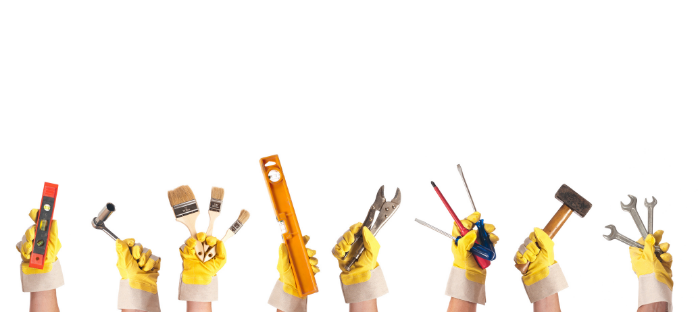
Renovations are not just going to benefit you while you live in your first home, they will also allow you to sell the home for more later - letting you recover the closing costs.
Turning some private space into shared space, by getting a housemate or a tenant for your basement might mean you get less privacy or square footage all to yourself but the income will speed up how quickly you can get to that next milestone toward a financial goal.
The great thing about owning property instead of renting is equity and eventually freeing yourself from hefty monthly payments. The quicker it happens, the better. So call your tax advisor, loan officer, or real estate agent to get started on that journey.
View All Homes For Sale in Greater Vancouver >>>
About Search Home Listings
SearchHomeListings.ca has simplified the home buying and selling process by giving you superior tools with up-to-the-minute information including active homes for sale, sold homes, market reports, and a home valuation tool! We have a team of success managers on standby to support you with setting up your saved home search and agents ready to take you out on a tour. Tap into our industry experts from inspectors, to contractors to interior designers to provide you with the best prices and service possible. Everyone attached to our website has been rigorously vetted and is made up of caring, knowledgeable professionals that work tirelessly to help you to make your home buying experience as stress-free as possible. Contact us today to see how we can help!
Sites We Follow
Categories
Recent Posts
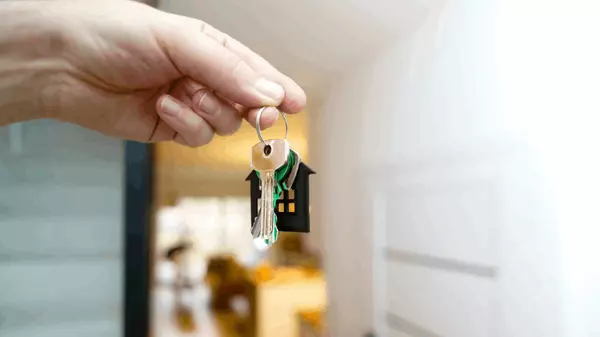
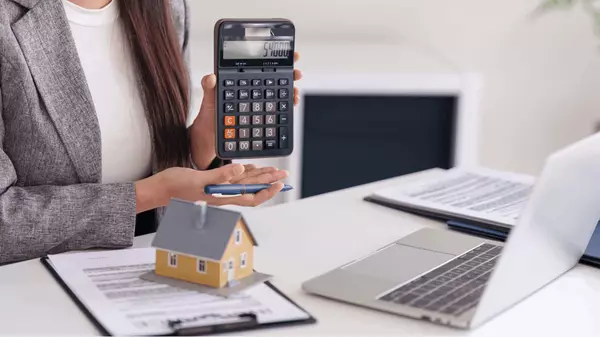

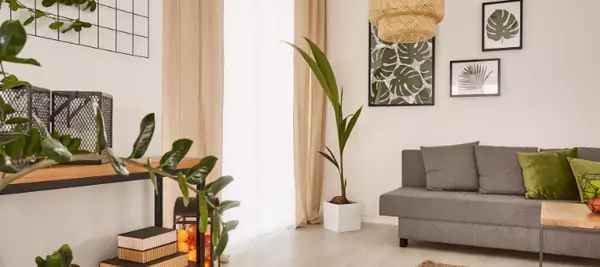

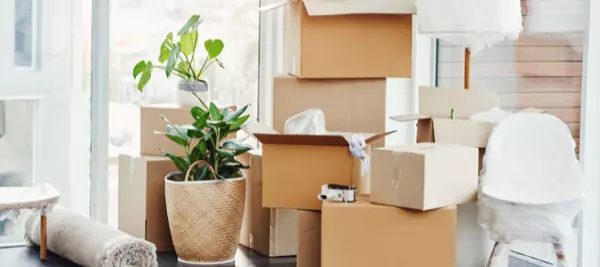
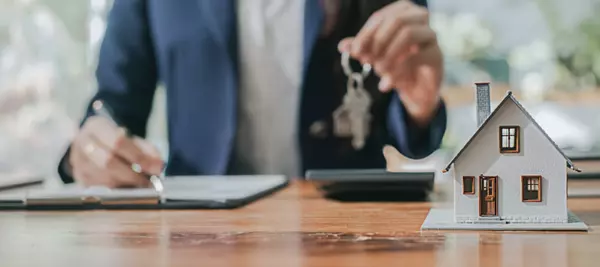
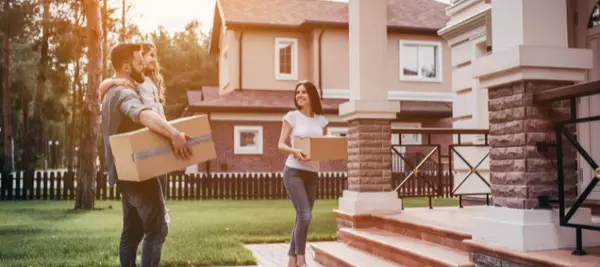
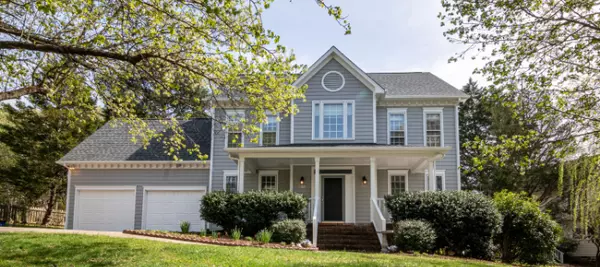

GET MORE INFORMATION

